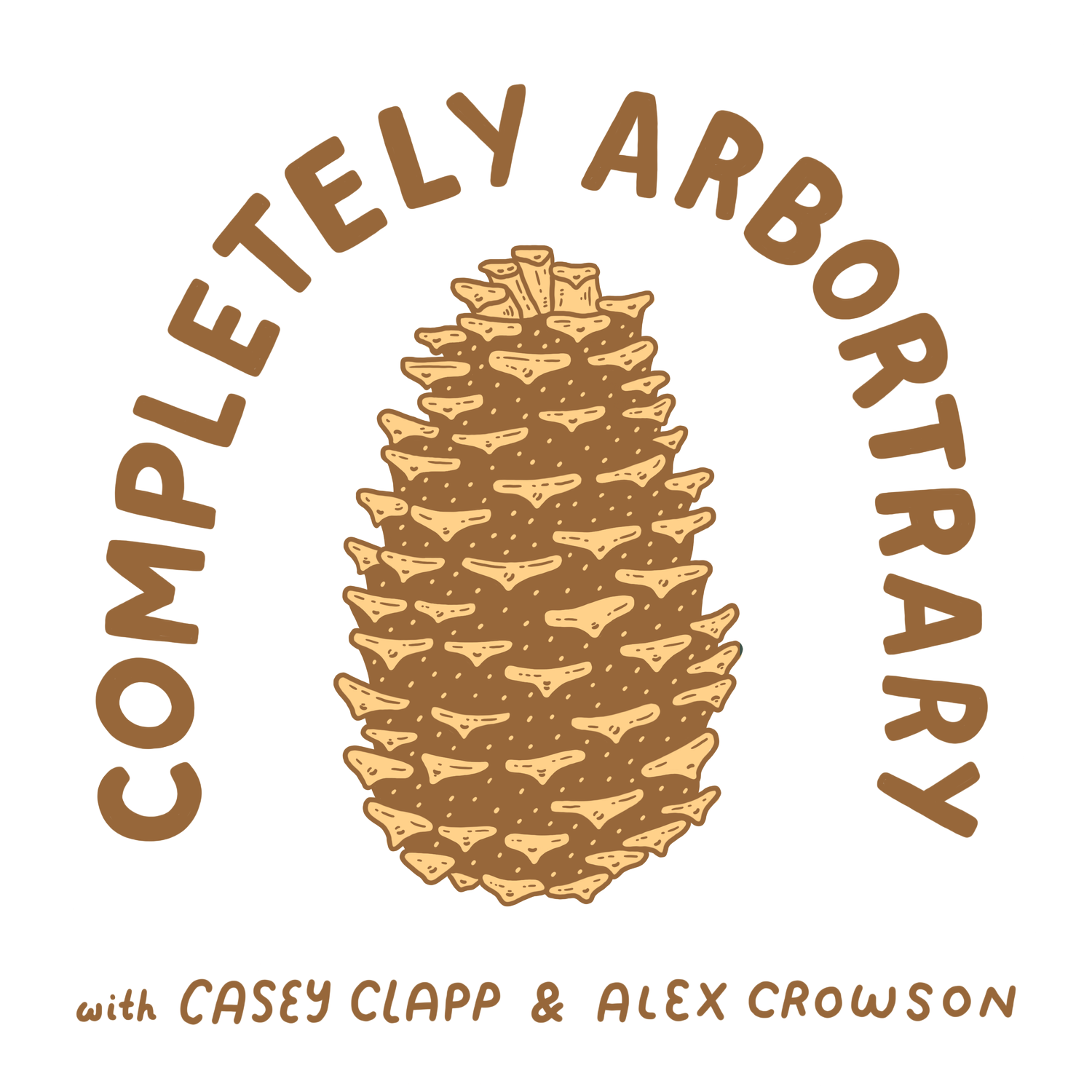JUPITER’S NUT! (BLACK WALNUT)
Villainous arboreal poisoner, or misunderstood forest benefactor? Despite its bipinnately gorgeous appearance and emotional significance to the general public, the black walnut (Juglans nigra) has spent decades under the critical gaze of tree lovers for its allegedly allelopathic behavior. But when new studies come to light, this cold case turns red hot! Misophonia warning: candied nuts will be munched.
Black Walnut
(Juglans nigra)
Have you ever had an unearned reputation from which you could not break free? A misunderstanding, a situation, or occurrence taken out of context and applied broadly to your personality? Did it get to the point where you lived with this reputation, and the initial label went from obscure local gossip to regional fact to national canon? After a while, what started as a misunderstanding is widely accepted as fact? Has this ever happened to you?
If it has, then you have more in common with the black walnut (Juglans nigra) than you may have ever thought. As it happens, the black walnut is known to be a villainous killer. Famously the black walnut is known to be allelopathic. This means that it uses a kind of chemical warfare to keep its competitors at bay. Inside the leaves, the husks of the fruit, the buds, and the roots, there is a chemical called juglone. In high concentrations, this naturally produced compound inhibits the growth of nearby plants, allowing the black walnut to sicken and outcompete its botanical neighbors.
This walnut toxicity has been “known” for almost a century and cited in scientific articles for decades. However, it may simply be false.
The black walnut is a cherished tree in the bottomland forests of Eastern North America. When planted outside of their native habitat, they tend to form huge, rounded canopies with thick limbs carpeted in an alligator-tough bark. They form some of the most picturesque silhouettes in the winter, and they tend to grow well and produce thousands of nuts no matter where they’re planted. Aside from all this, they also happen to have gorgeous wood.
Despite all of their fabulous qualities, they’ve been saddled with the reputation of a villain: nothing grows beneath a black walnut because they kill their competitors with allelopathic tendencies. ‘Don’t plant a walnut! Or cut down the one you have before they poison you, your family, and all of your plants!’
Well, it’s high time that someone comes to the defense of these shunned trees and took a stand: the black walnut was framed.
It’s always difficult to change the perspective of a whole culture, but some things are more noble for the odds against them. It turns out that the science behind the conclusion of black walnut’s ability to kill other plants at will is highly inconsistent, and often based on unrealistic and unnatural concentrations. It may be that the black walnut is in fact highly skilled at getting nutrients and water from the soil, so competing plants in its vicinity are left with few resources.
This seems more like a case of the losers crying foul and accusing the winners of cheating, using chemicals to make themselves more competitive. The real tragedy is that the black walnut was forced to live with this reputation for so long that it’s simply a part of garden lore. But it ends here.
A new day is dawning for the black walnut, one in which science and modern understanding come together to sing its praises and ask forgiveness for treating it so harshly. We’re not saying that Mr. Tomato and Mr. Walnut will get along now; we’re just saying that Mr. Walnut will kill Mr. Tomato in a more conventional way.
Completely Arbortrary is produced and hosted by Casey Clapp and Alex Crowson
Support the pod and become a Treemium Member
Follow along on Instagram
Find Arbortrary merch on our store
Cover art by Jillian Barthold
Music by Aves and The Mini-Vandals
Episode cover photo by Jim Linwood
Additional Reading:
The Black Walnut (Juglans nigra)
Pinnate Leaf
The meat and potatoes of allelopathy
The black walnut’s salvation
The Beer!
Candied walnuts recipe
Feel like you’re in Portland

